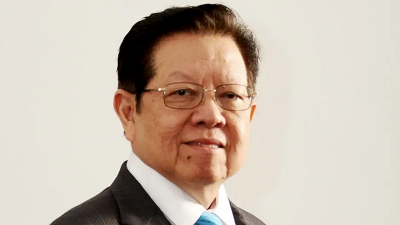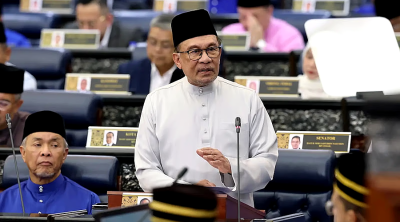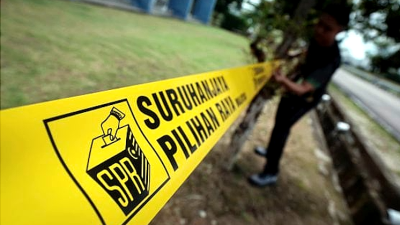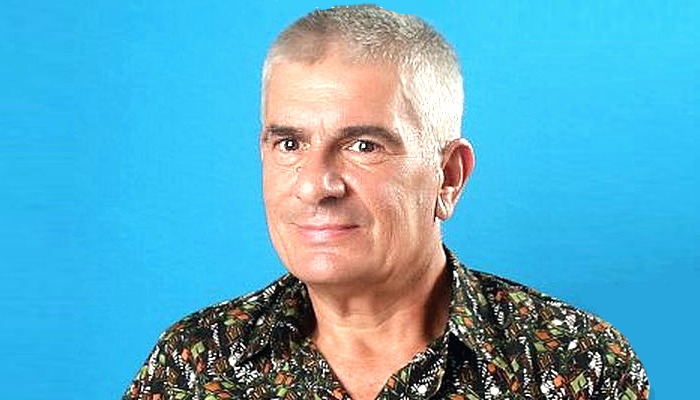
Anwar Ibrahim is finally Malaysia’s prime minister. A motion of confidence has been passed in the parliament while a RM163.7 billion temporary operating budget also passed.
It’s been a month since the new cabinet was formed and we have had some opportunities to see the new government in operation.
Anwar’s so-called unity government will definitely not be known for reform. The new administration is taking most of its ideas from the civil service.
Economic affairs minister Rafizi Ramli said the civil service chief secretary Zuki Ali has been charged with the job of combining the manifestos of various unity government parties into one.
This shows the government’s dependence upon the civil service.
A steady as it goes administration
There are already a couple of stars emerging within the new cabinet.
Anthony Loke in transport appears competent, and Rafizi is looking like a de facto deputy prime minister.
However, among these stars are some naïve and accident-prone ministers who will probably embarrass the government along the way.
Anwar’s leadership style appears to be laid back rather than being a micro-manager of ministerial portfolios.
A chairman style approach, delegating many decisions to his ministers has the potential to work well as long as there is transparency.
Hopefully this will lead to more decentralization within the government.
The Prime Minister’s Department had become a little overpowering on the processes of government under the last few prime ministers. Anwar may reverse this.
Zahid should play as Anwar’s backstop. He also has enough loyalists to prevent any political Putsches that occurred during the last Pakatan Harapan government.
Two major challenges ahead
In 2023, Anwar faces two major challenges ahead. How Anwar handles these challenges will define the success or failure of his government.
It will all be about the cost of living
As finance minister, Anwar must face the growing uncertainty facing the economy over the next twelve months.
In 2023, export demand is expected to slow down due to the EU going into recession, US economic growth slowing down, and the continuing war in Ukraine disrupting important supply chains.
The falling ringgit, rising interest rates and growing money supply will spur on inflation.
Anwar will have to focus on supporting domestic consumption, especially household consumption, to boost domestic demand and ensure the informal economy is vibrant.
The recent temporary budget will be putting some cash handouts into the hands of the B40 and M40.
Anwar is expected to present the full budget in February, which must continue on the cash handout measures contained in the temporary budget.
Paramount to 2023 will be Anwar’s ability as finance minister to stave off rises in the cost of living.
Based upon what we have already seen, dramatic economic reform is not expected in the coming budget.
The full budget will tend to rely upon the old methods of poverty eradication through subsidies across the economy. This is unless Anwar can break away from civil service advice and develop a paradigm shift in economic policy.
This may not be possible within the short term.
Stemming back the ‘green wave’
Anwar’s second challenge is the so-called ‘green wave’ that occurred during the election.
Many are concerned that the performance of PAS during the recent election represents a threat to political stability.
Perikatan Nasional MPs’ behavior in parliament shows that it has been very difficult for them to accept the result. PN will be a disruptive force in politics over the next year.
PAS did not use their own logo during the last election. They utilized the PN logo where Muhyiddin Yassin carried great popularity with the electorate.
To a great degree, PAS candidates were seen as Muhyiddin’s candidates. PAS shrewdly utilized Bersatu in the last election.
Although PAS is the largest political party within parliament with 43 seats, in terms of popular vote it actually ranks behind Umno, PKR and DAP.
The Malay vote is volatile. This time voters deserted Umno for the only viable alternative PN. Consequently, support for PAS may have been at its peak during the recent election.
We don’t know whether Bersatu and PAS will even be together by the time GE16 comes around.
We can expect grandstanding rhetoric by PAS over the coming year. This speech may cross the borderline of decency at times, as we have witnessed.
If the Anwar government performs well over the next year, hate speech and racist rhetoric may lose its effectiveness upon voters. This may even be counter-productive for PAS in the long run.
With a number of state elections due before September, we will be able to see if this “green wave” is really sustainable.
The internal Islamic threat
However, there is a much deeper Islamic threat. There are Salafi sympathizers throughout the civil service and education system. This is where Anwar’s real challenge is.
Salafism is inside many institutions. Many of these people belief that Malaysia should go a different way to the way the government wants to go.
Past governments also had to face this same problem, but placated these groups.
Anwar cannot fight these groups through confrontation. He must set boundaries and prevent the expansion of this influence in order to prevent the spread of this “pseudo-Islamic” government within his government.
The public won’t see this fight which will go on behind closed doors. We are lucky to see organizations like IKRAM come out and condemn race-based hate speech that has misused the name of Islam.
This is something the Malays themselves must deal with, without outside interference. Religious beliefs aren’t easily changed.
Finally, what are we to expect by this time next year?
We should have a strong working government, technically with a two-thirds majority in parliament.
Expect Umno to unite behind the new government. Expect GPS to stand steadfast. However, expect the new cabinet to make faux pas. Hopefully, nothing will cause serious concern.
Short of any unforeseen political disturbances, the Anwar administration should be stable enough to see out its term.
This time next year, we will know much better!
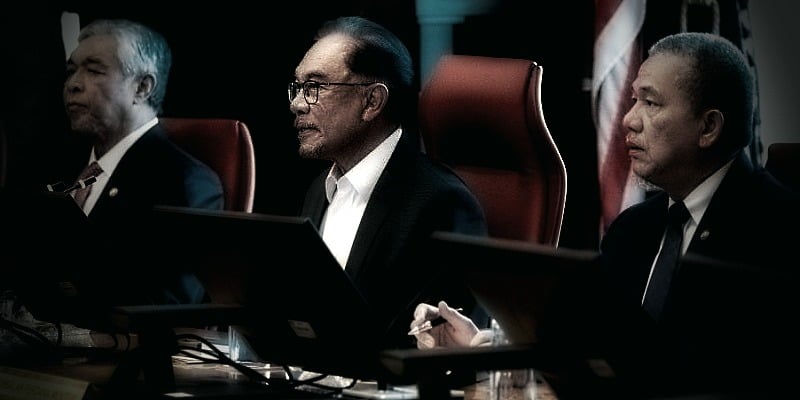
(Murray Hunter has been involved in Asia-Pacific business for the last 40 years as an entrepreneur, consultant, academic and researcher. He was an associate professor at Universiti Malaysia Perlis.)
ADVERTISEMENT
ADVERTISEMENT







